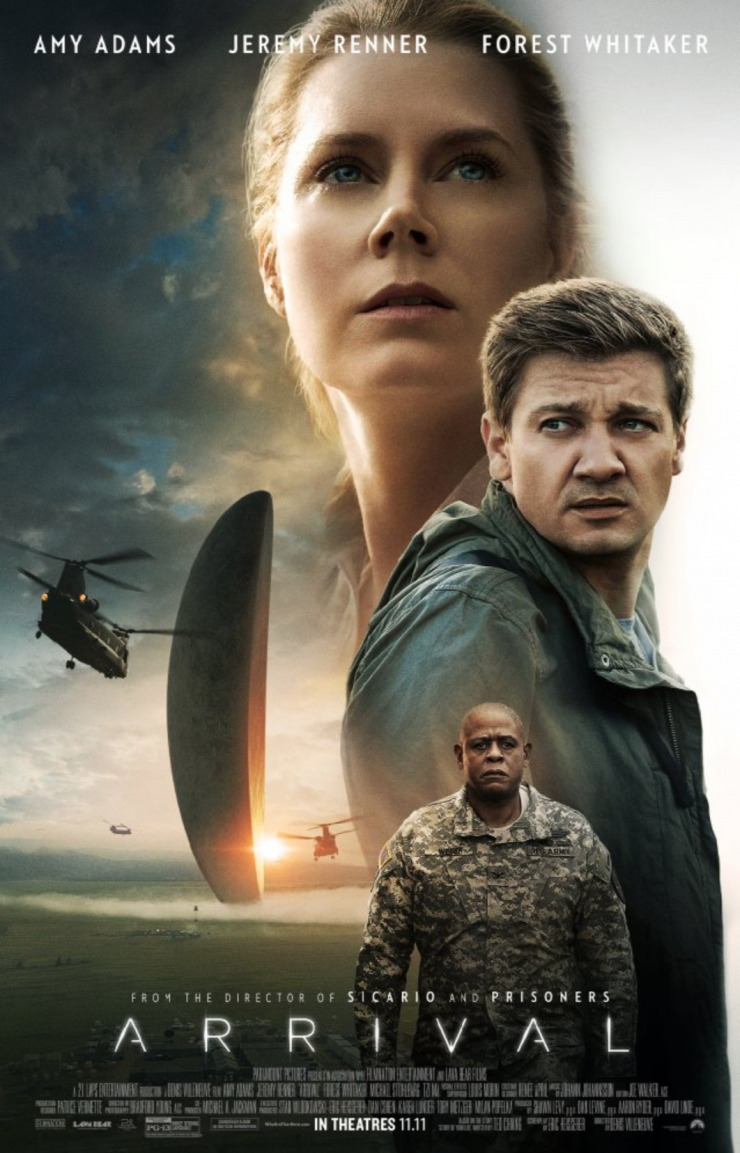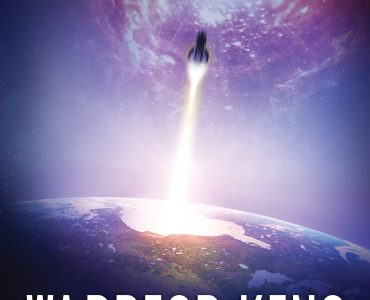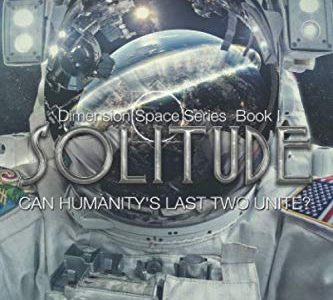Pros
- Captures the essence of the short story by Ted Chiang, which is something not often seen in movies
- Scenes are structured and staggered in a way to increase engagement and wonder
- Keeps audiences on edge of their seats without the need for superfluous action
Cons
- Theme or plot can be a little confusing for casual viewers
Based on the short story “Story of Your Life” by Ted Chiang, this movie is easily one of my top ten favorite science fiction movies.
The adaptation, written by Eric Heisserer, does an excellent job in capturing the essence of the short story: how language informs our perception and understanding of the universe.
Plot
Twelve alien vessels appear in the sky in various countries around the world. World militaries rush to try to understand the motives and intentions of the aliens and their crafts in the skies above the cities.
Characters
Louise Banks is a linguist who is selected to try to decipher the language. Ian Donnelly is a physicist. Other characters include: Colonel G. T. Weber and CIA agent Halpern.
Setting
The main setting is Montana, United States.
Arrival Review
Unlike many fans of Arrival, I watched the movie before I read the story that inspired it. I’m a bit sad that I did because the movie didn’t quite make much sense to me the first time I watched it. I no context for the movie, so I just assumed it was some kind of dime-a-dozen alien invasion movies where humanity struggles against all odds and then miraculously triumphs like in Independence Day.
The action and suspense in the movie is fairly predictable: militaries will do what militaries are formed to do: use force. This wasn’t that great a surprise to me, as anyone who has watched any movie will know to expect that the presence of any military unit generally results in violent action. Otherwise, the presence of fighters is pointless. Still, Arrival manages to convey the sense of helplessness, fear, and impending doom across to its audience.
In a way, having low expectations of a movie made the impact of Arrival that much more pronounced for me. It’s a great movie, to be sure, and I was very excited to see linguistic theory explored in a science fiction movie. I studied a bit of theory myself as an undergraduate, and watching Arrival explore the concept was a treat.
Too many stories utilize universal translators of some sort to bypass the obstacle that is language. And far too few stories explore how language shapes a people’s understanding: some languages, for instance, don’t have the same time markers that English has. An obvious example is Chinese—the language has no verb conjugates to denote time, whereas we’d add an “-ed” or “d” to the end of a verb to express an action in the past.
It seems obvious that language shapes our perception and our understanding of the world. But while it allows us to understand the world, language can also be limiting. Anyone who has struggled to express an emotion and has ultimately settled with an explosive expletive knows all too well this limitation.
Language is just one aspect of Arrival that I found particularly fascinating. The other theme of free will is equally well-illustrated in the movie, and Banks’ foreknowledge and decision is an interesting choice that really illustrates one of Tennyson’s most famous quotes, “Tis better to have love and lost than never to have loved at all.”
But I found myself asking, “What if…?” What if Banks made a different choice? What consequences does a different choice have on the universe? I would have loved for the movie to continue that much more, but its conclusion was well done.
Every fan of thoughtful science fiction must watch Arrival. The acting is fantastic, and the writing is done extremely well, with that rare service to the short story that inspired the movie.



